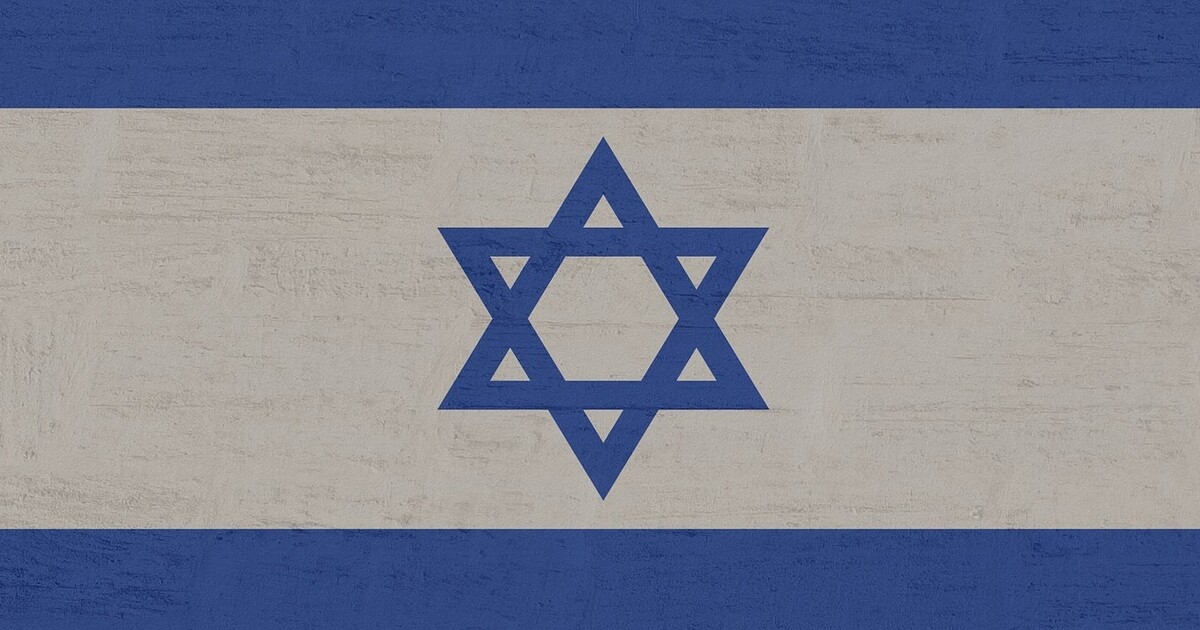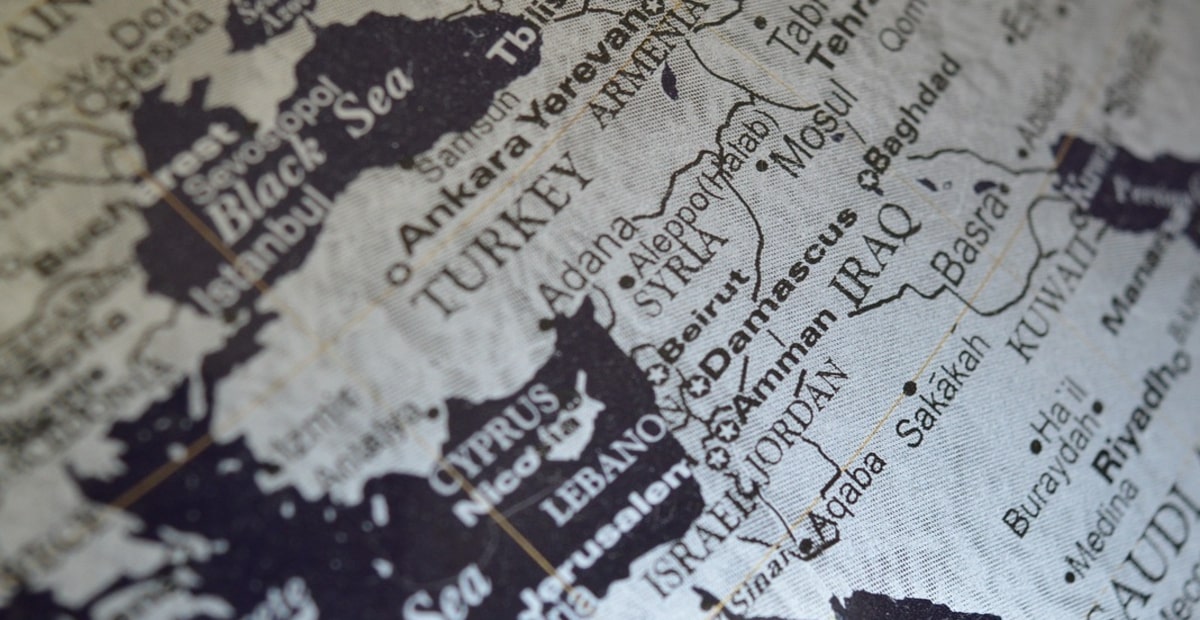An Opening for Peacekeepers in Israel?
Is Israel finally overcoming its objections to international peacekeepers?
June 7, 2007

A critical change in Israel’s attitude concerning the value of international forces occurred during last summer’s war with Hezbollah. Unable to defeat Hezbollah militarily, Israel turned to the international community for help in securing its northern border with Lebanon.
As a result, the small and largely ineffectual UN Interim Force (UNIFIL) that had been in southern Lebanon since 1978 was replaced by a much bigger, stronger UNIFIL force with a more robust mandate and rules of engagement.
In essence, Israel was hoping that this international force could do what its own army had been unable to do during its long occupation of southern Lebanon — bring security to Israel’s northern communities.
Now, it is Israel’s southern communities that are at risk. In recent weeks, the border town of Sderot has come under a barrage of rocket fire from Gaza. Two Israelis have been killed, and hundreds of residents have fled the town.
In retaliation, Israel has renewed air strikes against Hamas militants and buildings in Gaza and sent some of its ground forces on raids into the territory. This has not satisfied most Israelis. Instead, there is a growing demand for Israel to take stronger military action to stop the rocket attacks.
The Olmert government has so far been resisting this domestic pressure. Chastised for its handling of last summer’s war with Hezbollah and severely weakened politically, the government is deeply reluctant to order a major ground offensive into Gaza.
Such a large-scale operation would not only produce many casualties — Israeli soldiers and, especially, Palestinian civilians — but also it could result in Israel’s reoccupation of parts of Gaza. After unilaterally withdrawing from the poor and overcrowded coastal strip in November 2005, Israel is loath to return.
Qassam rockets are only the most immediate threat Israel faces from Gaza. Ongoing arms smuggling through tunnels from Egypt into Gaza is allowing Hamas to substantially increase and improve its military arsenal.
Israeli officials fear that in time this will turn Hamas’ military wing in Gaza into a well-armed army, able to defeat its Fatah rival and pose a serious challenge to the IDF. Israel’s two big worries are Hamas becoming like its ally and inspiration Hezbollah — and Gaza becoming another southern Lebanon.
Having recognized the limits of its military power in tackling Hezbollah in southern Lebanon, Israel is now facing the same recognition with regards to Hamas in Gaza. Hence, Israel is again considering the deployment of an international force, this time in Gaza.
Foreign Minister Tzipi Livni recently told a group of foreign ambassadors that Israel was open to the possibility of an international force being stationed on the Palestinian side of the Gazan-Egyptian border to stop arms smuggling.
Israel would want a force like the 11,000-strong UNIFIL one in Southern Lebanon with a similarly robust mandate. There have also been suggestions in Israel that such a force could be deployed along Gaza’s northern border with Israel to prevent the rocket attacks.
Outside Israel, the idea of an international force in Gaza is also gaining traction. Michael Williams, the UN’s new special envoy to the Middle East, recently said that Israel, the Palestinians and the UN should consider an international peacekeeping force in Gaza. In addition, Javier Solana, the European Union’s foreign policy chief, has stated that the EU would discuss a peacekeeping force if Israel and the Palestinians proposed it.
Palestinians have long called for international peacekeepers in the West Bank and Gaza to protect them from Israeli military attacks, whereas Israel has always been firmly opposed, insisting that it is the job of the Palestinian Authority (PA) to control the territories and prevent attacks against Israel.
But there is little chance that the PA can do this, as the growing anarchy and intra-Palestinian violence in the territories attests.
With the PA collapsing, and without an effective and viable military solution of its own, Israel appears ready to welcome international peacekeepers, if only into Gaza and not the West Bank.
Although there are still many obstacles to the deployment of such a force, Israel’s new willingness to consider one is a significant break from Israel’s traditional attitude toward international peacekeepers, an attitude that was forged forty years ago as a result of the 1967 war. At least one damaging legacy of that conflict is finally being overcome.
Read previous

Forty Years of Delusions
June 6, 2007